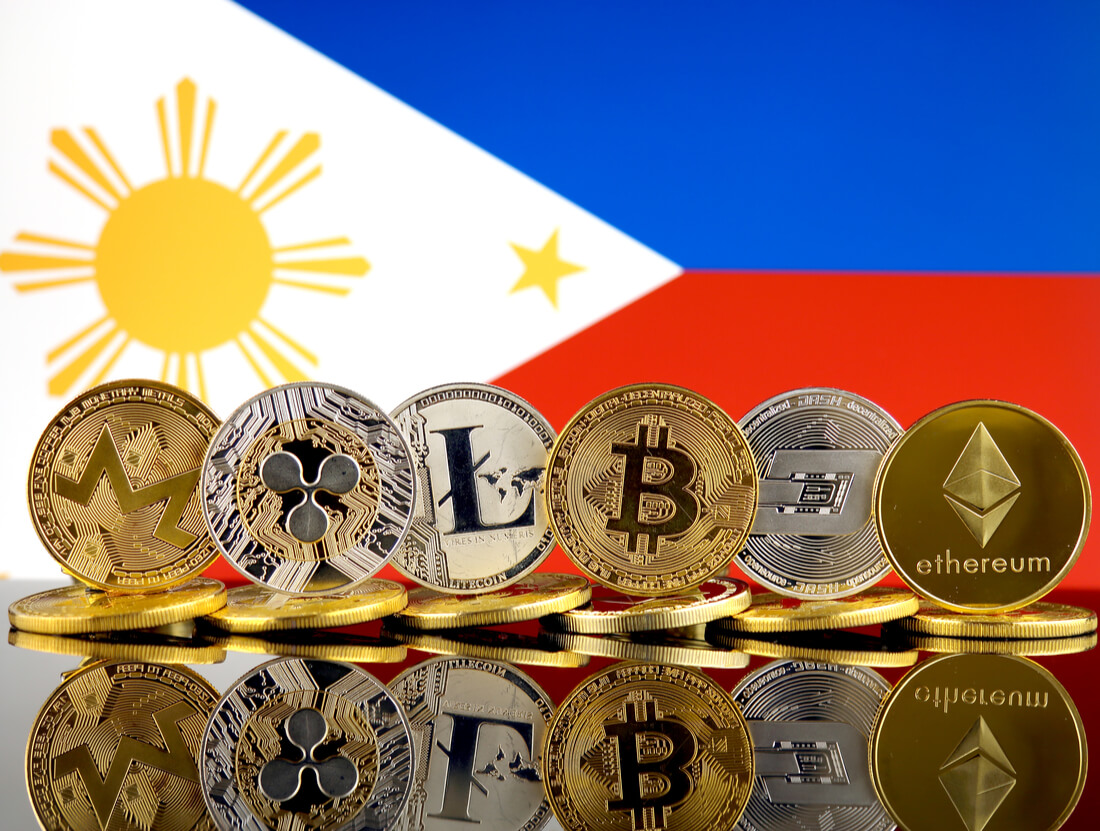
Two new cryptocurrency exchanges have been authorized by the Bangko Sentral ng Pilipinas (BSP), the Philippines’ central bank, to process conversions between cyrptocurrencies and the Philippine peso.
BSP’s deputy governor Chuchi G. Fonacier said the Philippines central has approved applications filed by Virtual Currency Philippines, Inc. and ETranss as platforms, reports the Philippine Star.
This brings the total number of approved and regulated cryptocurrency exchanges in the Philippines to five as the two exchanges join Betur Inc., the operator of Coins.ph, and Rebittance Inc., approved in September and October 2017, respectively, and BloomSolutions, approved in May 2018. There are currently 29 pending applications for cryptocurrency exchanges.
Fonacier said the regulator may no longer require applicants operating cryptocurrency exchanges to also secure electronic money issuer (EMI) licenses, easing up the process.
“There are some refinements. This may entail additional requirement but not automatically an EMI license,” she said.
Cryptocurrency activity has surged in the Philippines in the past months. Latest data from the BSP showed trading volume between cryptocurrencies and the Philippine peso averaged US$36.74 million per month in the first quarter of 2018.
The BSP established a formal regulatory framework for cryptocurrency exchanges through Circular 944 dated February 6, 2017. The circular requires cryptocurrency exchanges to register with the BSP as remittance and transfer companies. They are also required to put in place adequate safeguards to address the risks associated with cryptocurrencies including control measures to counter money laundering and terrorist financing, technology risk management systems, and consumer protection.
In the northern tip of the Philippines, the Cagayan Special Economy Zone has been working towards becoming an attractive location for blockchain startups and a “Fintech City.”
The Cagayan Economic Zone Authority (CEZA), the state agency which manages the special economic zone, will open its doors to as many as 25 cryptocurrency exchange operators in its tax-friendly jurisdiction, according to a recent announcement.
Each exchange will only have sub-licenses of as many as 20 to 30 traders or brokers and will be required to initially invest US$1 million within two years.
CEZA’s administrator and CEO Raul L. Lambino said citizens living in the Philippines will not be allowed to invest or trade in ICOs.

